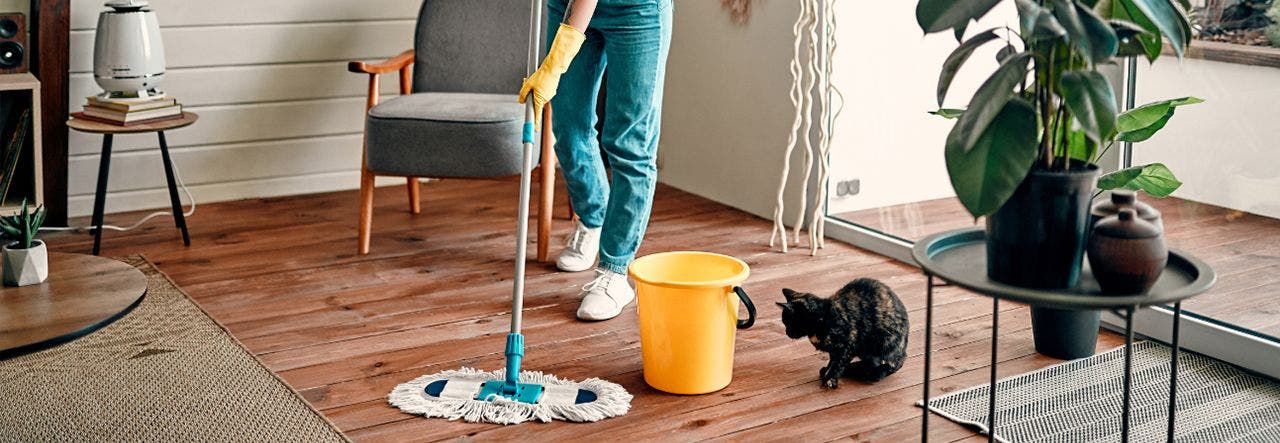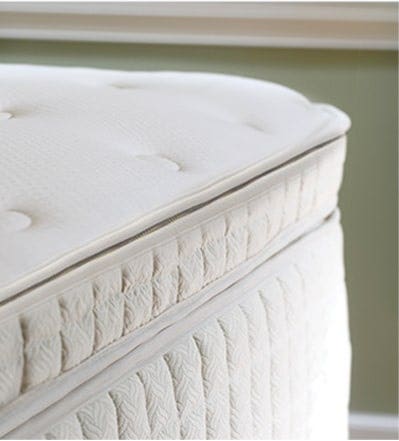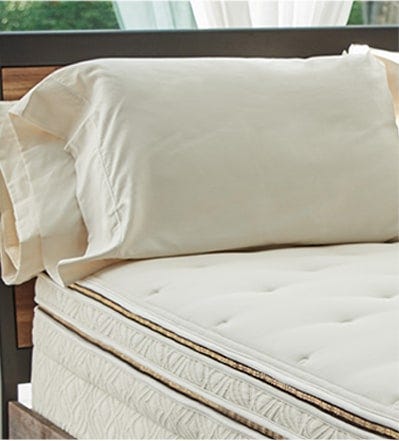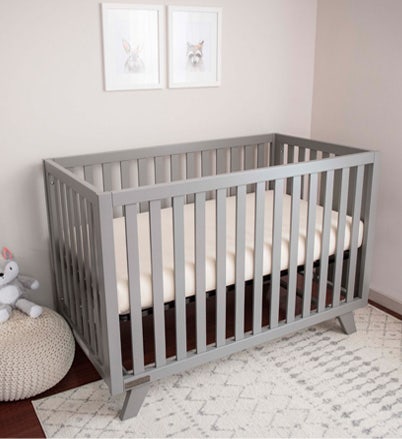Research today shows that around 40% of all cancers and nearly half of cancer deaths are preventable. And yet, nearly everyone knows someone whose life has been touched by this pervasive disease. Cancer is becoming more and more common, and rates are increasing in those below the age of 50.
In honor of National Cancer Prevention Month, we’re raising awareness about what we can do as individuals to prevent cancer. Yes, wearing SPF and avoiding smoking are hugely important. But did you know there are a number of carcinogens lurking in your everyday products and within your home, too? Let’s take a closer look.
What Are Carcinogens?


Simply put, a carcinogen is something that has the potential to cause cancer. These substances can be chemical, physical or biological in nature and contribute to the development of cancer by altering the genetic material within our cells or disrupting normal cellular processes. Carcinogens can be found in our everyday life and in various environments, including workplaces, homes and even nature.
Experts have identified over 100 carcinogens today. Repeated exposure to carcinogens or exposure in high concentrations increases the risk of cellular mutations and the initiation of cancerous growth. Common carcinogen examples include:
- Certain chemicals found in tobacco smoke
- Asbestos
- Ultraviolet rays
- Certain types of radiation
Does Exposure to Carcinogens Always Result in Cancer?
Don’t worry. Just because you have had exposure to these common carcinogens does not mean you will develop cancer. The truth is, most of us have had significant exposure within our lifetimes already. Your risk of developing cancer is dependent on many variables including your unique genes, your family history, your environment, your amount of exposure and your overall toxic load and quality of life.
Cancer also doesn’t develop right away. Carcinogens build up in the body over time, so it can take many years before the mutation that leads to cancer begins. Not all carcinogens are created equal either. There are many types, and some pose a greater threat to DNA than others.
4 Items in Your Home that Commonly Contain Carcinogens


Although your exposure to carcinogens doesn’t guarantee a diagnosis, it’s still incredibly important to take every possible preventive measure. This means avoiding carcinogens as much as possible. The last place you may think to look for carcinogens is within your own home. After all, your home should be the safest place. Unfortunately, many people today are unknowingly exposing themselves to carcinogens through common household items like:
1. Your Mattress
Conventional mattresses, couches and cushioned furniture pieces that are made of memory foam are often treated with a flame retardant called TDCIPP. This flame retardant chemical is a known carcinogen and 1 of 10 chemicals most frequently found in household dust.
2. Your Cleaning Products
Household cleaning products may contain chemicals such as formaldehyde, ammonia and chlorine. Formaldehyde is a known carcinogen that can be found in cleaning products, personal care products and even some wood furniture and fabrics – aka, mattresses again!
3. Your Vinyl Flooring
Phthalates are used in the manufacturing of plastics, such as vinyl, and are considered as possible human carcinogens and tumor-promoting substances. Anything made with vinyl/PVC within your home, like floors, shower curtains, miniblinds, wallpaper … some waterproof mattresses … may contain harmful phthalates. (Sensing a theme?)
4. Your Lawn and Garden
Dioxin is a carcinogen that forms as a chemical byproduct that ends up in our soil and tap water. Additionally, pesticides may contain carcinogenic compounds, as well as glyphosate which is an herbicide found in weed killers that can also end up in our food. Wondering how we’re going to connect this one to mattresses? Cotton is a common mattress fabric and fill – one of the best! While organic cotton is farmed without pesticides, conventional cotton … not so much.
Healthy Habits that Help Prevent Cancer
Fortunately, the power of prevention often lies in your own hands! There’s so much you can do to create healthy habits that help prevent cancer.
Create a Healthy Home
You spend a third of your life sleeping. So, ditch your conventional mattress for an organic, non-toxic mattress that’s made without the use of flame-retardant chemicals, phthalates, vinyl and other carcinogens. Organic bedding helps, too!


Opt for Non-toxic Personal Care Products
It’s also wise to switch your household cleaning and personal care products to non-toxic alternatives. Our friends at the Environmental Working Group (EWG) have some excellent guides for finding non-toxic personal care products and cleaning products!
Filter Your Water and Air
Incorporating an air purification and water filtration system within your home is key when it comes to cancer prevention. Air purifiers help eliminate indoor pollutants, such as volatile organic compounds (VOCS), particulate matter and radon gas, which are known to increase cancer risk. Meanwhile, water filtration systems remove harmful contaminants from drinking water, including heavy metals, pesticides and disinfection by-products like chlorine, which have been linked to various types of cancer.
Consider Your Lifestyle Choices
Avoiding excessive tobacco, alcohol and sun exposure is perhaps the most important step you can take in reducing your risk of cancer. And exercising regularly, maintaining a balanced diet of organic foods rich in antioxidants and getting your 7-8 hours of quality, restorative sleep in each night help, too!
Adopting healthy habits and home changes not only reduces your risk of cancer but also enhances overall health and longevity. National Cancer Prevention Month is a needed reminder to take inventory of your lifestyle and environment. For more tips on cultivating a healthier home environment, check out more organic living blogs from Naturepedic!
 BABY
BABY  KIDS
KIDS  ADULT
ADULT  LEARN
LEARN  STORES
STORES 





